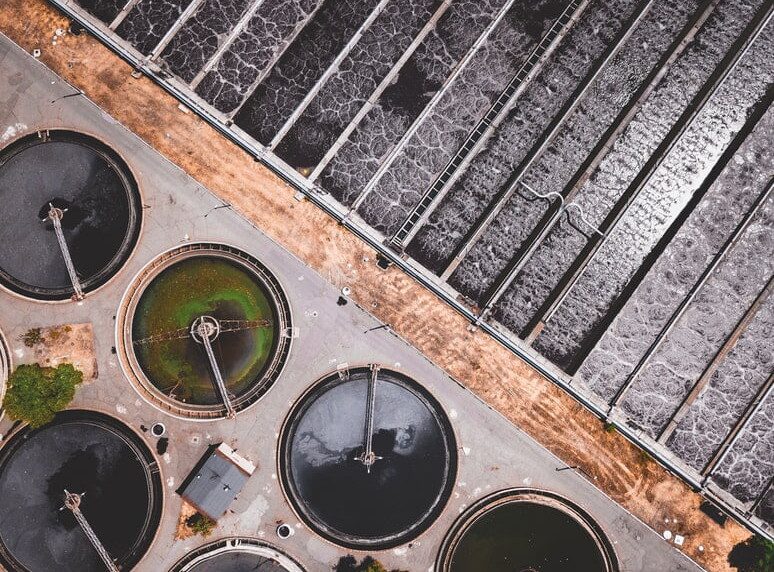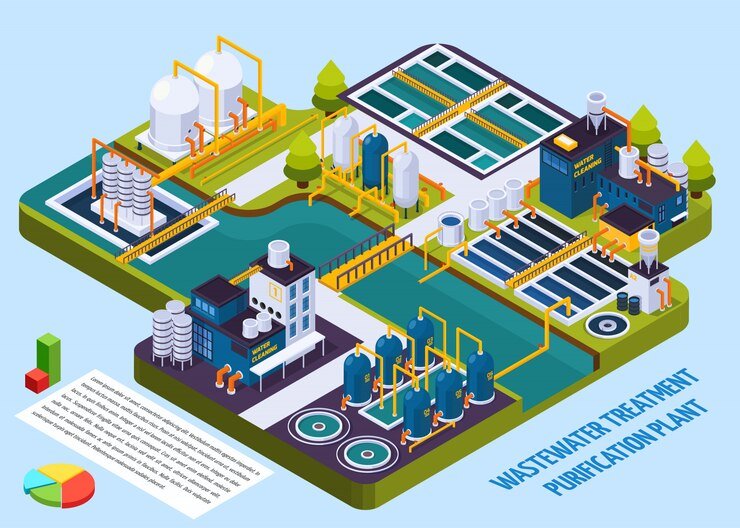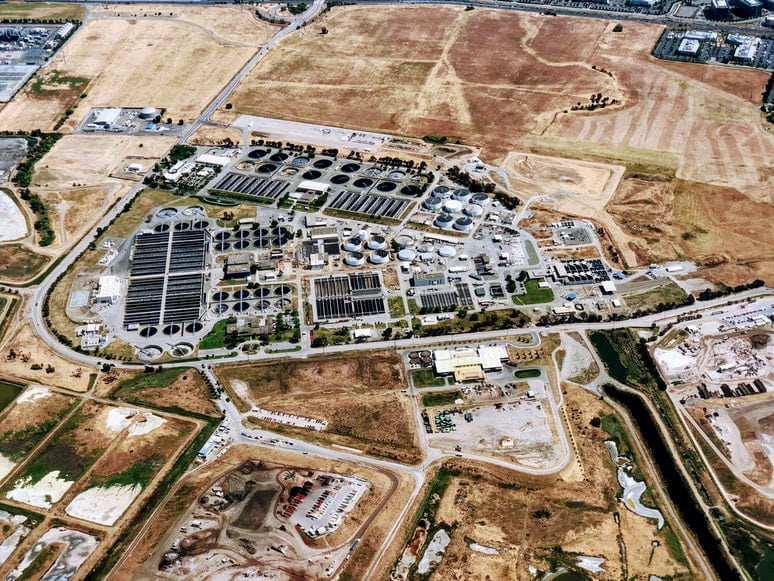
Wastewater treatment is a sustainable way to conserve clean water. It’s an eco-friendly process done by most businesses on large and small scales to maintain water quality within their area.
Wastewater treatment is a process to collect wastewater from different sources, commonly industrial and commercial establishments. The water collected passes through several filtration stages before it reaches the natural bodies of water like lakes, rivers, and oceans or is directly reused.
As a small business, widening this sustainable development plan would help the environment as your business grows. That said, here’s a small business guide to wastewater treatment.
Types Of Wastewater Treatment Processes
There are different wastewater treatment processes suited for various industries. What method you’ll need depends on the type of waste produced in your facility.
Below are some water treatment methods that could be suitable for your business.
1. Water Clarification
Water clarification involves filtering the water to get rid of solid waste. This method is perfect for industrial settings like construction materials production or any facility that releases particles that suspend in the water.
Experts can easily install a water clarification system on your business site. The size of the system may vary depending on the scale of your project. You may search for water treatment hire in your area to get professional input and services regarding this process.
2. Chemical Pretreatment
Chemical pretreatment is best for businesses that deal with harmful chemicals such as cleaning products, artificial dyes, and processed food. This process prevents toxic substances from affecting the sewage systems.
Chemical pretreatment is done by adding certain chemicals to wastewater to remove the pollutants. In contrast to water clarification, chemical pretreatment deals with impurities caused by liquid and soluble wastes.
3. pH Correction

Like chemical pretreatment, pH correction involves adding the right chemicals to the wastewater to balance its pH level. However, wastewater needs to undergo a careful examination to determine which substances cause acidity.
The pH correction process is ideal for businesses that produce food, agricultural, and pharmaceutical products. This method ensures the water released from the facility is within a safe pH level and does not cause harm to the environment.
4. Heavy Metals Removal
Heavy metals can be highly toxic when they bioaccumulate. This process is best for industries that involve heavy metals like iron, lead, copper, and mercury.
Since heavy metals may appear as tiny particles or soluble materials, filtering them out is more complex than other methods. Some methods used to remove these toxic materials are hydroxide and sulfide precipitation. These two work well depending on the metals needed to be removed.
Benefits Of Wastewater Treatment
Effectively managing wastewater equally benefits the environment and your business. It can help ensure your workers’ safety and the welfare of the people surrounding your business.
Upon installing proper wastewater treatment in your business, you reap the following benefits.
1. Water Conservation
Wastewater treatment allows water to be reused and repurposed. Depending on the process, the water can be filtered for immediate reuse or supplied to other facilities that do not require potable water. Taking the help of professionals for wastewater consulting can provide insights into regulating these processes, thus making sure that your water treatment systems are efficient and effective. This can help conserve water as well as ensure that you are being compliant with local regulations and standards.
By reusing treated water, more clean water is conserved for other purposes. If you’re reusing the water within your business, you can significantly reduce your water consumption and save on production costs over the years.
2. Eradicating Water Pollution
Different industrial facilities often produce water pollutants. Good thing more and more businesses are taking a step towards sustainable and eco-friendly production processes, including wastewater treatment.
When water is treated before being released into the environment, water pollution can be eradicated. All the harmful debris, chemicals, and metals will no longer reach natural waters.
Industries that follow the standards in wastewater treatment lower their impact on the environment. This system is a great way to restore the balance in water ecosystems.
3. Prevents Diseases
When chemicals and heavy metals contaminate the water as they are released in sewage systems and rivers, people living near the area may suffer from different diseases.
Wastewater treatment protects public health. It prevents diseases caused by contaminated water, keeping everyone within the vicinity of your business safe.
Cost Of Wastewater Treatment

Setting up a wastewater treatment system for your business is a must. It’s often part of the country’s legislation to ensure public safety and the cleanliness of your facility.
Two factors can affect your business’s budget for wastewater treatment. However, note that the best way to determine the total cost of a treatment system is to consult professionals and contractors offering this type of service.
1. Scale Of Your Business
Determining the scale of your business or project will help give an idea about the starting cost. For larger businesses, a more extensive treatment system suits them better.
2. Type Of Treatment
Another cost determiner is the type of treatment you’ll need. Complex wastewater treatment processes require a higher budget. Commonly, treatments that involve the removal of harmful chemicals and heavy metals may cost higher than simple water clarification.
Conclusion
No matter how small your business is, installing a wastewater treatment system is a smart investment. It’s an effort to keep your business growing while still taking good care of the environment.
Read Also:




























